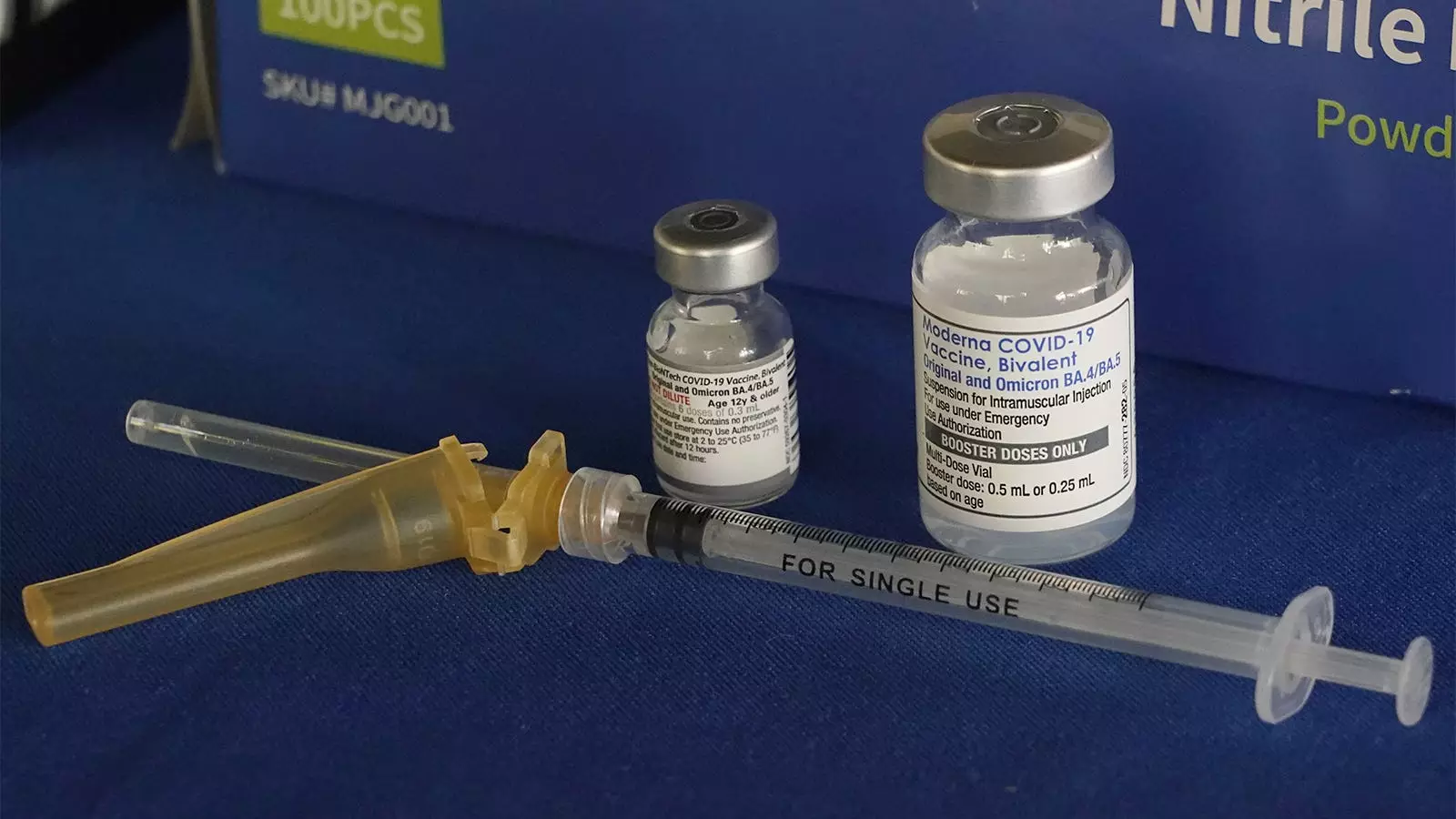The decision by the Southwest District Health in Idaho to cease providing COVID-19 vaccines across six counties represents a significant shift in public health policy not just locally, but potentially on a national scale. The path to this milestone was paved by a narrow 4-3 vote from the board, essentially categorizing a vital public health service as discretionary rather than essential. This move places the Southwest District Health in an unprecedented situation where it is the first public health department in the country to restrict vaccinations outright, a stark deviation from the general trend seen in most regions.
Public health departments have traditionally been at the forefront of vaccination efforts, aiming to promote community health and safety through immunization programs. In most places, even faced with declining demand, these departments have not restricted access to vaccines. Instead, they have adapted their outreach and educational strategies. The actions taken by Idaho’s board raise pressing questions about the responsibilities of public health institutions and the critical role they play in safeguarding public health.
Reactions from experts in the field of public health and health policy have been mixed but overwhelmingly critical of the decision. Adriane Casalotti from the National Association of County and City Health Officials expressed bewilderment at the board’s choice, highlighting that while reductions in service often stem from budgetary constraints or dwindling demand, they are rarely predicated on a belief in the medical reliability of vaccines. Unlike other states that may have limited outreach or promotion of COVID vaccinations, Idaho’s approach marks a departure that could complicate public health efforts moving forward.
Data surrounding COVID vaccine distribution in Idaho is revealing. In 2021, the district provided over 1,600 vaccinations, while only 64 have been administered so far in 2024, signifying a sharp decline in demand. The historical context is equally troubling—Idaho has the highest childhood vaccination exemption rates in the nation. This situation echoes public health crises further compounded by decisions that disregard the role of vaccination in preventing outbreaks, as evidenced by a measles outbreak last year that required urgent intervention from the health department.
The October 22 vote, marked by significant public dissent, reflected deeper societal divides surrounding vaccine efficacy and public trust in health authorities. Health Director Perry Jansen’s impassioned plea for the continuance of vaccination services met substantial resistance from public comments—a clear indication of the community’s apprehensions and skepticism towards vaccines. This disconnect between health officials and segments of the community posits a challenge that needs to be addressed; how can public health messaging be effectively tailored to resonate with communities harboring deep-seated fears and misinformation?
Among the speakers who echoed sentiments against COVID vaccines were figures known for championing alternative medicine solutions. This convergence of opinions provides a window into a growing movement that challenges conventional public health narratives. Their influence on the board’s decision cannot be understated, as constitutes evidence of a concerning trend where ideology may be overpowering scientific data in shaping health policies.
Perhaps one of the most alarming ramifications of the board’s decision is the impact on vulnerable populations, such as the homeless and those in long-term care facilities—groups that typically rely on public health departments for accessible healthcare services. Jansen and Aberasturi voiced their concerns regarding these communities, highlighting that they often lack alternative options for vaccinations. The cessation of services could worsen health disparities and risk the resurgence of vaccine-preventable diseases.
Board Chairman Kelly Aberasturi’s acknowledgment of the struggles faced by populations without stable housing underscores the dissonance between the board’s decisions and its practical implications on public welfare. His comments imply a recognition of his personal history with hardship, suggesting that personal experience may not be sufficiently representative of the broader perspectives held by board members.
The saga surrounding Southwest District Health serves as a cautionary tale, reaffirming the essential role of public health in managing community well-being. It provokes a critical examination of the balance between individual autonomy and collective health responsibilities. As discussions continue regarding the future of COVID vaccinations and public health interventions, there lies an urgent need to reaffirm trust between health officials and the communities they serve.
Idaho’s next steps could set precedence for public health governance across the nation. As health officials advocate for a recommitment to vaccination programs—a public health mainstay—it becomes imperative for the board to foster dialogue, rebuild trust, and prioritize the health of all constituents, particularly those in the most need. Ultimately, the future of public health in Idaho—and possibly beyond—may hinge on finding a way back to consensus, evidence-based practices, and a commitment to access for all.

Leave a Reply